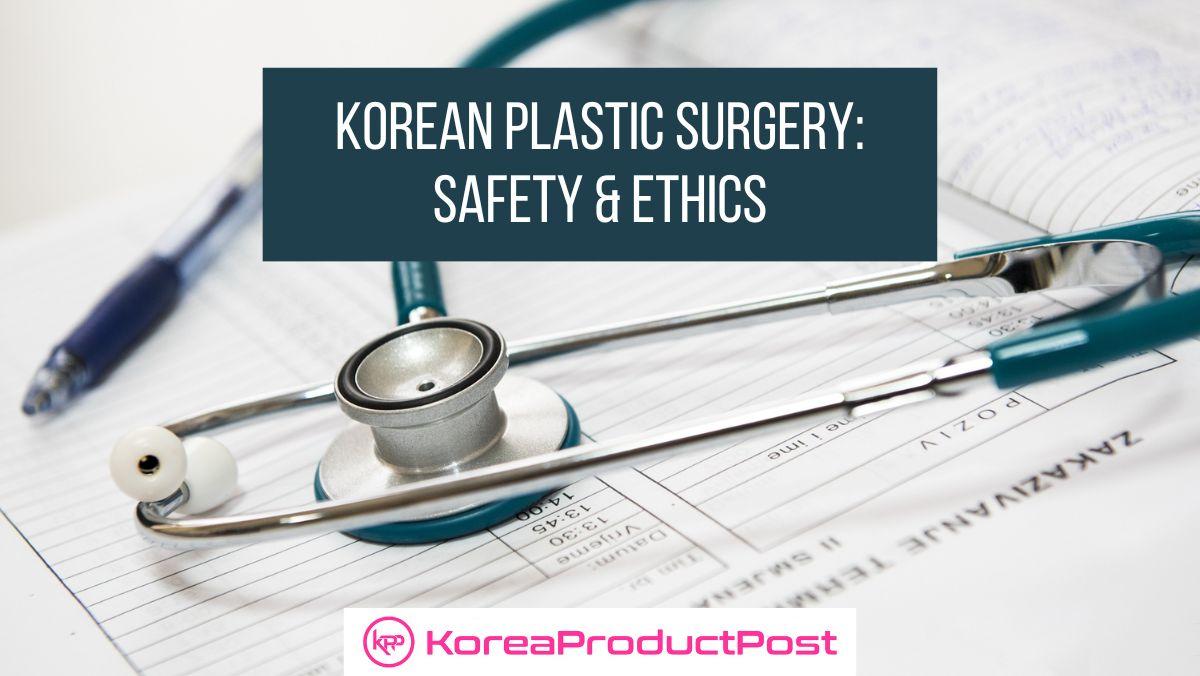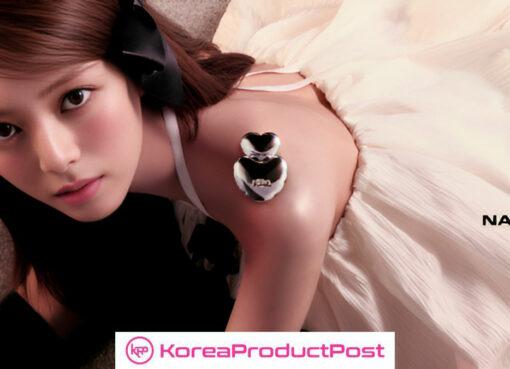Explore the safety standards and ethics of the Korean plastic surgery industry. Delve into the controversial issue of “ghost doctors” and patient safety.
South Korea’s large cosmetic surgery industry has led some people to question its safety and ethics. The country with over 4000 plastic surgery clinics must have a robust healthcare system. In South Korea, 13 out of every 1000 people have undergone cosmetic procedures or plastic surgery. As a result, South Korea is also infamously known as the world’s plastic surgery capital. So, how does the world’s capital for cosmetic surgery measure up in terms of safety and ethics? Let’s find out about it in this article.
Korean Plastic Surgery Safety Standards
The primary consideration for any medical practice should always be safety. The top-notch healthcare system and stringent laws controlling the practice of cosmetic surgery are two things that South Korea is proud of. The nation has a highly developed healthcare system with modern facilities and cutting-edge technology.
To guarantee patient safety, the Korean government has put in place strict rules. Korean plastic surgery safety standards are regulated by the Korean Ministry of Health and Welfare, which has also created criteria and norms that facilities must follow. These rules cover aspects such as facility standards, sterilization procedures, surgeon certification, and the proper handling of medical equipment.
Ethics of Cosmetic Surgery in Korea
South Korea understands the significance of ethics in the practice of cosmetic surgery. The Korean Association of Plastic Surgeons (KAPS) is a group of medical professionals that supports the highest ethical standards among its members. KAPS makes sure that its members abide by a stringent code of ethics. This code of ethics covers things like openness, informed consent, patient confidentiality, and ethical advertising techniques.
In addition, South Korean plastic surgeons go through extensive schooling and training to get a professional certificate. They must successfully finish a protracted and demanding educational procedure that includes a medical degree, a residency, and specialized plastic surgery training. To improve their abilities and expertise, several surgeons in South Korea have also attended extra educational and training programs overseas.
While the standards of plastic surgery ethics are high, some cases have put doubt on the safety of the industry. Cha Sang-myun, who is the chairman of KAPS, has an unsettled opinion about the future of Korea’s plastic surgery industry. He and other lawmakers are rigorously working on tighter regulations to eliminate incompetent surgeons. Moreover, he is also demanding to tone down plastic surgery marketing. Cha Sang-myun does not encourage people to see cosmetic surgery as a commodity. He emphasizes that plastic surgery, like any surgical procedure, carries inherent risks and can even be life-threatening.
Consultation for Plastic Surgery in Korea
The health and satisfaction of the patient are highly valued in South Korea. Plastic surgeons in the nation have in-depth conversations with their patients before every treatment. During these consultations, the patient’s expectations are discussed, their medical history is reviewed, possible risks and advantages of the surgery are explained, and it is made sure that the patient has reasonable expectations.
Korean plastic surgeons work hard to preserve a positive doctor-patient relationship. In order to fully enlighten their patients on the treatments and potential results, they take the time to comprehend their needs and worries fully.
Troubles in the South Korean Plastic Surgery Industry
One of the primary factors contributing to the tarnished reputation of Korea’s plastic surgery industry is the phenomenon of “ghost doctors.” Simply put, these doctors are those surgeons who are not officially from the clinic or hospital. It is essentially the name given to someone who performs a surgery another surgeon was hired for when the patient is under general anesthetic. They may not have proper training or qualification. It violates the safety standards of plastic surgery to an extent. Ghost doctors are a way for clinics to maximize profits by getting another doctor to cover the star practitioner – even if it’s not legal.
Cha and the authorities keep an eye on cases regarding ghost doctors. In one of the cases, a university student went to get surgery into a well-known clinic that specialized in jawline surgeries in the glitzy Seoul neighborhood of Gangnam to make his face thinner. The hospital that hired “ghost doctors” did the surgery that went completely south. Experts and critics blame the laws and regulations of the medical industry.
Health Ministry senior deputy director Park Jae-woo states, “Since ghost surgery or substituted surgery occurs secretly, it is very difficult to find out the statistics or the current situation.”
Conclusion
Korean plastic surgery is an industry worth more than $10 billion. It is a big industry that attracts surgeons who may not be ethical. As a result, cases of ghost doctors appear. However, plastic surgery in South Korea is safe and ethical as a whole. In fact, Korean plastic surgery has the most advanced equipment that performs one of the safest surgeries.
Related Posts
Join us on an exciting journey to explore the vibrant world of Korean lifestyle – from the latest beauty tips to the hottest tech and so much more on Facebook, Twitter, LinkedIn, and Flipboard.









